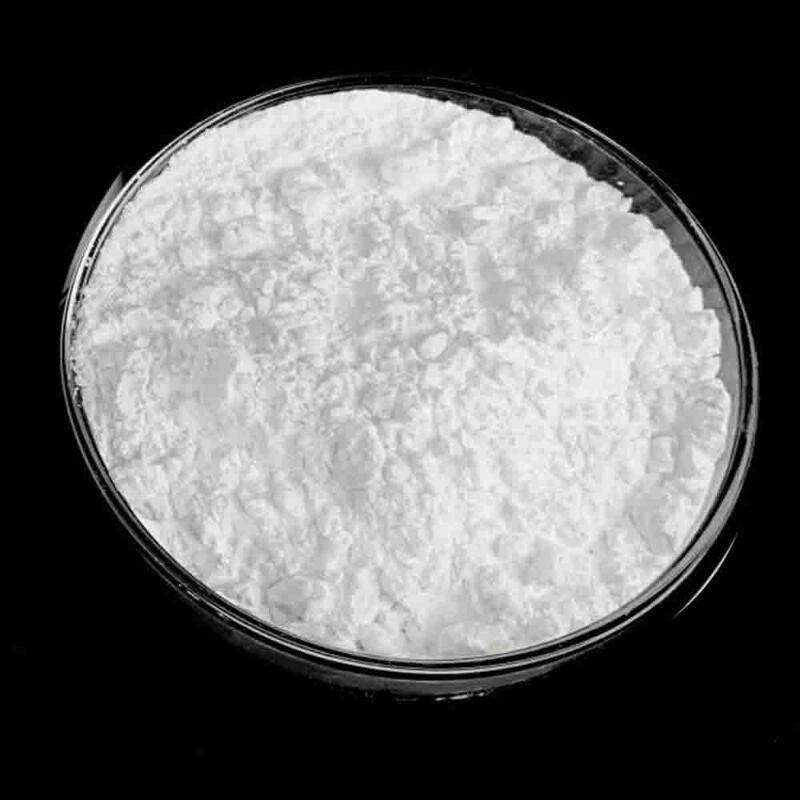-
Categories
-
Pharmaceutical Intermediates
-
Active Pharmaceutical Ingredients
-
Food Additives
- Industrial Coatings
- Agrochemicals
- Dyes and Pigments
- Surfactant
- Flavors and Fragrances
- Chemical Reagents
- Catalyst and Auxiliary
- Natural Products
- Inorganic Chemistry
-
Organic Chemistry
-
Biochemical Engineering
- Analytical Chemistry
-
Cosmetic Ingredient
- Water Treatment Chemical
-
Pharmaceutical Intermediates
Promotion
ECHEMI Mall
Wholesale
Weekly Price
Exhibition
News
-
Trade Service
In May of this year, BMS initiated a new phase 1/2 clinical trial for the CCR8-targeted monoclonal antibody BMS-986340 to evaluate its therapeutic effect on a variety of solid tumors in combination with O drugs
.
This is the world's first CCR8 targeted antibody drug to officially start clinical research
.
On September 1st last year, Gilead announced that it had obtained the cooperative development rights for the CCR8 targeting antibody JTX-1811 from Jounce Therapeutics
.
At present, the project has obtained the FDA's clinical trial approval
.
For a time, CCR8, a target that had been almost uninterested for a long time, came to the forefront of the development of new anti-tumor drugs
.
CCR8 is a member of the chemokine receptor subfamily and belongs to the GPCR class of proteins
.
Past studies have shown that the protein is mainly expressed on monocytes, Th2 cells and Treg cells
.
Many basic studies have also proved the necessity of CCR8 in the biological processes of monocyte-derived dendritic cells' lymph node migration and Th2 cell-mediated type 2 inflammation
.
And CCR8 really began to be valued by the industry because of its specific expression on Treg
.
In an article in "Immunity" in 2016, researchers compared RNA-seq data of Treg in tumor tissues, normal tissues and peripheral blood of breast cancer patients in detail, and found that Tregs in tumor sites have high expression of CCR8.
.
Later, in patients with multiple cancer types, researchers found that CCR8 was specifically expressed on the Treg at the tumor site, but the expression of classic Treg-related targets such as CCR4, CTLA4 and CD25 did not show obvious expression.
Difference
.
These data suggest that CCR8 is a very good biomarker of Treg cells at tumor sites and a potential tumor immune target
.
The development of CCR8-targeted monoclonal antibody drugs is expected to specifically inhibit the function of Treg at the tumor site and contribute to cancer treatment
.
In addition, people discovered an interesting phenomenon, that is: the presence or absence of CCR8 does not affect the migration ability of Treg and the function in the tumor microenvironment
.
For example, a study in a literature in the journal "Immunology" in 2020 showed that systematically knocking out CCR8 did not affect the number and proportion of Treg cells in mouse tumors and spleen, nor did it affect the growth of MC38 transplanted tumors.
Condition
.
This finding gives us an extremely important hint: CCR8 is more of a pure biomarker for Treg in the tumor microenvironment, rather than an important factor affecting its function
.
A study published in "Cancer Research" in 2021 further proves this: when the Fc region of the CCR8 targeting antibody is characterized by strong ADCC, the growth of MC38 xenografts can be effectively inhibited; and when using the same Fab region, When the Fc region is an antibody with weak ADCC characteristics, the tumor suppression is not obvious
.
Therefore, it is conceivable that if a therapeutic antibody against CCR8 is to be developed for cancer treatment, the mechanism of action of the antibody should not be a simple functional blockade, but the cell killing function mediated by the Fc region and some other feasible mechanisms
.
Up to now, there are 6 CCR8 targeted antibody projects for which the author can find information, of which only two projects, BMS and Gilead, have entered clinical trials or are about to start clinical research
.
Public information shows that both molecules are defucosylated to enhance ADCC, which is consistent with the above-mentioned mechanism
.
The editor concludes that in the future, if BMS-986340, JTX-1811 and other projects have good preliminary clinical data, more companies will have a layout on this target
.
However, the trend of the industry, the “innovation” of the industry in the true sense, tells us that we need to develop differentiated development
.
The patent information published by Pumis Bio in 2018 shows that in addition to the development of CCR8-targeted monoclonal antibodies, the company has also developed CTLA-4/CCR8 dual-target bispecific antibodies
.
This is an innovative attempt
.







